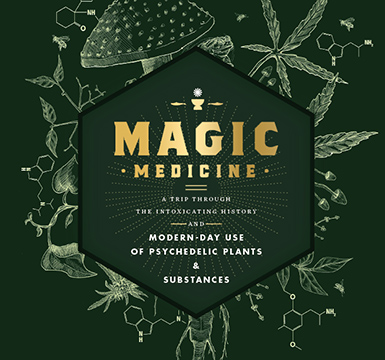Posts tagged "logic"
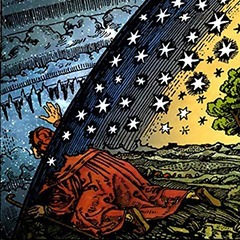
Are Entities and Plant Spirits Real? A Skeptic's Guide to Tripping
Trips are like dreams. A genuine insight may bubble up from deep in your subconscious, handily solving a problem that your sober mind found intractable. Or you might emerge with absolute nonsense, the product of synapses firing without the guidance of logic and consistency. You don’t take your dreams as absolute truth upon waking, and psychedelics should be no different. It’s crucial to think critically about which lessons to take back into consensus reality, and which to leave behind. Wisdom or Dogma? Many psychonauts spread their personal beliefs and speculations as though they were fact. Sometimes they take an...
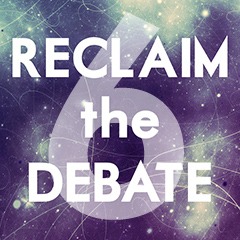
Reclaiming the Prohibition Debate, Part 6—Asking Questions
This is the conclusion of a six-part series about the Prohibition debate. You can check out Parts 1, 2, 3, 4, and 5, though they are not necessary for understanding this post. In Part 5 I discussed cognitive liberty as a basic human right, and in this final section I review the questions we should be asking about drug policy. Legality does not constitute endorsement Prohibition supporters often say that repealing prohibition would “send the wrong message” to America’s youth. But the legislative body is not in the business of sending messages. We do not pass laws to communicate how people should...

The War on Sweets What if We Applied the Failed Approach of Drug Prohibition to Candy?
This is the fourth in a six-part series about how the Prohibition debate is tainted by our assumptions and prejudices. You can check out Parts 1, 2, and 3, but they are not necessary for understanding this post. We often focus on what would happen if cannabis were legalized. This is a terrible way to frame the debate. It’s worthwhile to consider the effects of any legislative act, of course, but we focus way too much on societal effects and not enough on human rights. We consider the ends at the expense of the means. An example will illustrate my point....
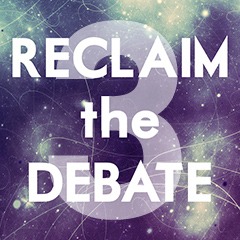
The Power of Words Rethinking the Language of Prohibition
This is the third in a six-part series about how the Prohibition debate is tainted by our assumptions and prejudices. You can check out Parts 1 and 2, but they are not necessary for understanding this post. Those who rule symbols, rule us. —Korzybski Consider the power of words. If we uncritically accept the state-sponsored language, the DEA’s job is to enforce laws that apply to illicit substances. But a humanitarian perspective may sound more like this: the DEA robs and kidnaps individuals who possess, create, or sell some substances, almost none of which are especially poisonous when compared to commonly...
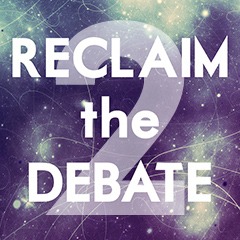
The Gravity of Law: Taking Human Rights Seriously Reclaiming the Prohibition Debate, Part 2
In Part 1 of this six-part series, I discussed the importance of comparing terms and assumptions before debating drug policy. In this post, I re-examine the nature of law and our disturbingly casual attitude towards coercion and punishment. [pullquoteleft]Every law diminishes our freedom, but good laws provide new freedoms in exchange.[/pullquoteleft]The primary function of any government is to protect its constituents’ human rights. The secondary goal is to uphold the smooth functioning of society. Secondary functions include zoning laws, market regulations, welfare programs, and tax collection—these activities don’t protect individual rights per se, but they (arguably) keep society running...
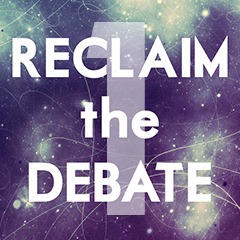
Myths and Lies of Prohibition Reclaiming the Prohibition Debate, Part 1
I have already examined the psychology of Prohibition and our neurotic desire for control. In this six-part series, I focus on the skewed language and unquestioned assumptions that taint the Prohibition debate. Language always lies… We proceed from one fiction to another, every time we open our mouths to speak. —Robert Anton Wilson Language hypnotizes us. We are raised with the phrases and conventions of our culture, and no matter how insidious or wrong-headed they prove to be—no matter how independent-minded we pretend to be—these ideas carry great power over us for our entire lives. When we name things,...
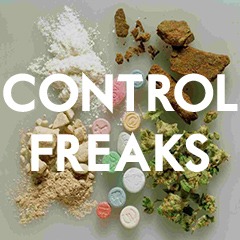
Control Freaks: America and its Uncontrolled Substances
I’ve analyzed the psychology of Prohibition before, concluding that the War on Drugs is a deceit maintained by the national ego. In this article I take a deeper look at how the desire for control affects our laws and language. This is a prelude to my six-part essay on language called Reclaiming the Prohibition Debate. None are more hopelessly enslaved than those who falsely believe they are free. —Goethe Humans like to feel in control. This is not always a bad thing, but it becomes problematic when we are so obsessed with the illusion of control that we forego the...
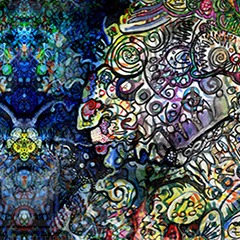
A Treatise on Psychedelics Part 1/3: The Stigma
This guest post by Martijn Schirp was originally published on higHExistence.com and is reproduced here with permission. Martijn is the co-founder of higHExistence, a travel junkie, a meditation practitioner, and a yoga lover. He is a student of philosophy, passionate about science, and immensely fascinated by consciousness. The true student of science neglects nothing and despises nothing that may widen and deepen his knowledge of nature, and if he is wise as well as learned he will hesitate before he applies the term “impossible” to any facts which are widely believed and have been repeatedly observed by men...

Sacredness Is in the Eye of the Beholder
There is a logical fallacy that psychonauts tend to make called the Appeal to Tradition. Just as it sounds, this is when someone describes a particular method or system as superior because it is traditional. The truth, of course, is that a solution’s stature as a tradition has no bearing on its effectiveness. A tradition may be passed on for many generations and still remain fundamentally flawed. Even psychonauts with the best of intentions commit this logical error. Having come to deeply respect a particular entheogenic tradition — for instance, the Amazonian ayahuasca ceremony — they insist that it is...

